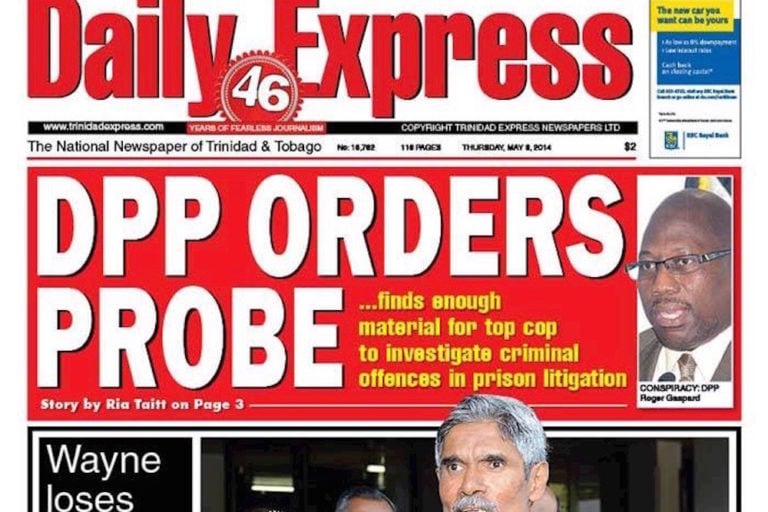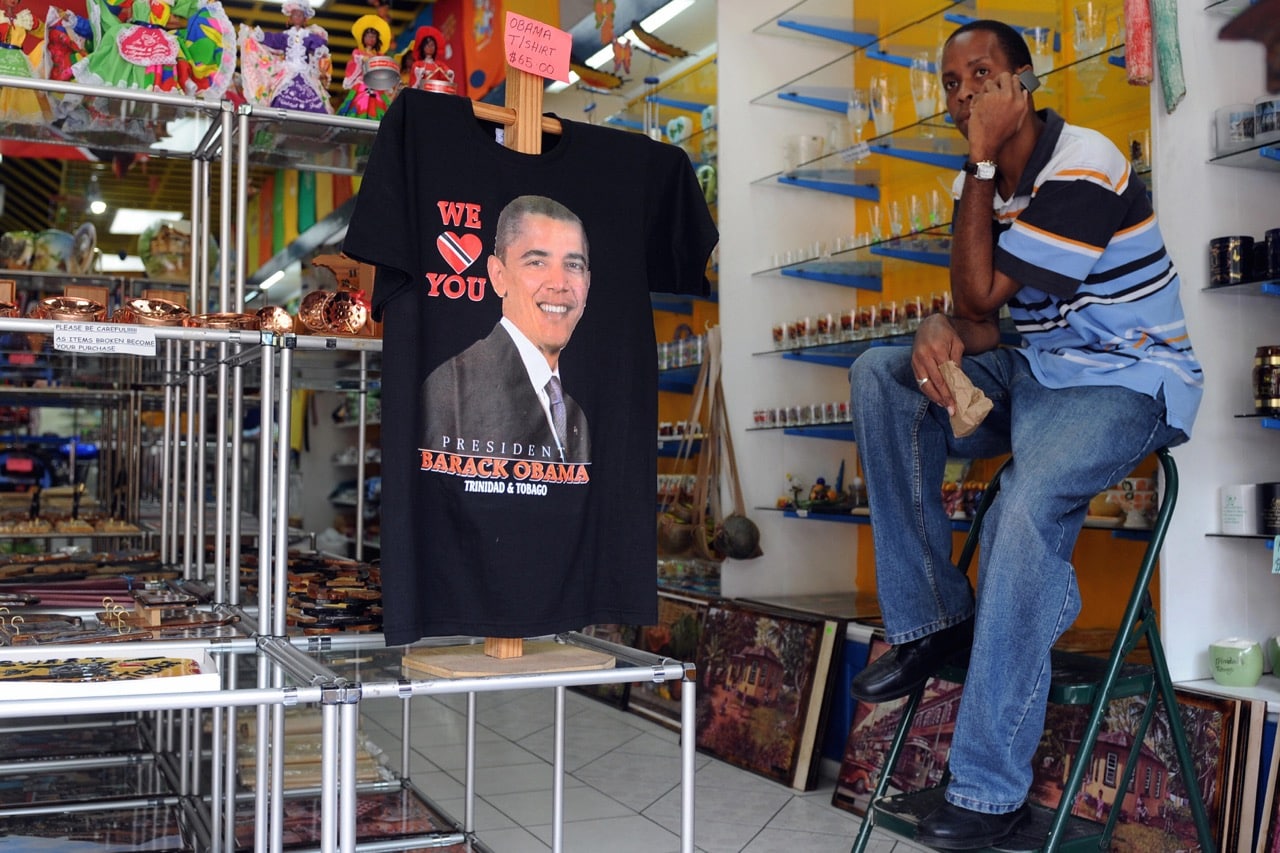The agency has been illegally tapping phones and intercepting e-mails for the past 15 years without the public's knowledge.
(RSF/IFEX) – Paris, 23 November 2010 – Trinidadian Prime Minister Kamla Persad-Bissessar has revealed to parliament that a government offshoot called the Security Intelligence Agency (SIA) has been operating for the past 15 years without the general public’s knowledge and has been illegally tapping telephones and intercepting emails.
Its targets have included politicians, judges, trade unionists, entertainment personalities and journalists.
“At no time however, did my brief on this agency inform me that the agency was involved in illegal wiretapping and interception of communications of private citizens,” the prime minister said in his statement to parliament. “Had I been briefed about this secret aspect of the agency’s functions, I would have taken immediate steps to address an act which I am advised to be unconstitutional and illegal.”
It turns out that the SIA was set up to investigate arms and drug trafficking, but when it emerged that senior officials in previous administrations were implicated in suspected corruption it began monitoring them, and then went on to monitor journalists and news media that were investigating these cases.
The agency operated under the two previous administrations, led respectively by the United National Congress and Peoples’ National Movement, as well as the current government.
Journalists whose communications have been illegally monitored include Dale Enoch of Radio I 95 FM, Sasha Mohammed of TV6, Shelly Dass of CNC TV, Francis Joseph and Ken Ali of Newsday, Camini Marajh of the Trinidad Express daily and Inshan Ishmael of IBN TV.
“The present government has taken real measures to strictly curtail the use of such practices and put them under judicial supervision,” Reporters Without Borders said.
“Nonetheless, an investigation – if necessary, by a special parliamentary commission – must be carried out in order to shed light on this incredible misuse of the intelligence services and, in particular, to determine the degree to which the information gathered may have hurt journalists and their sources.”


